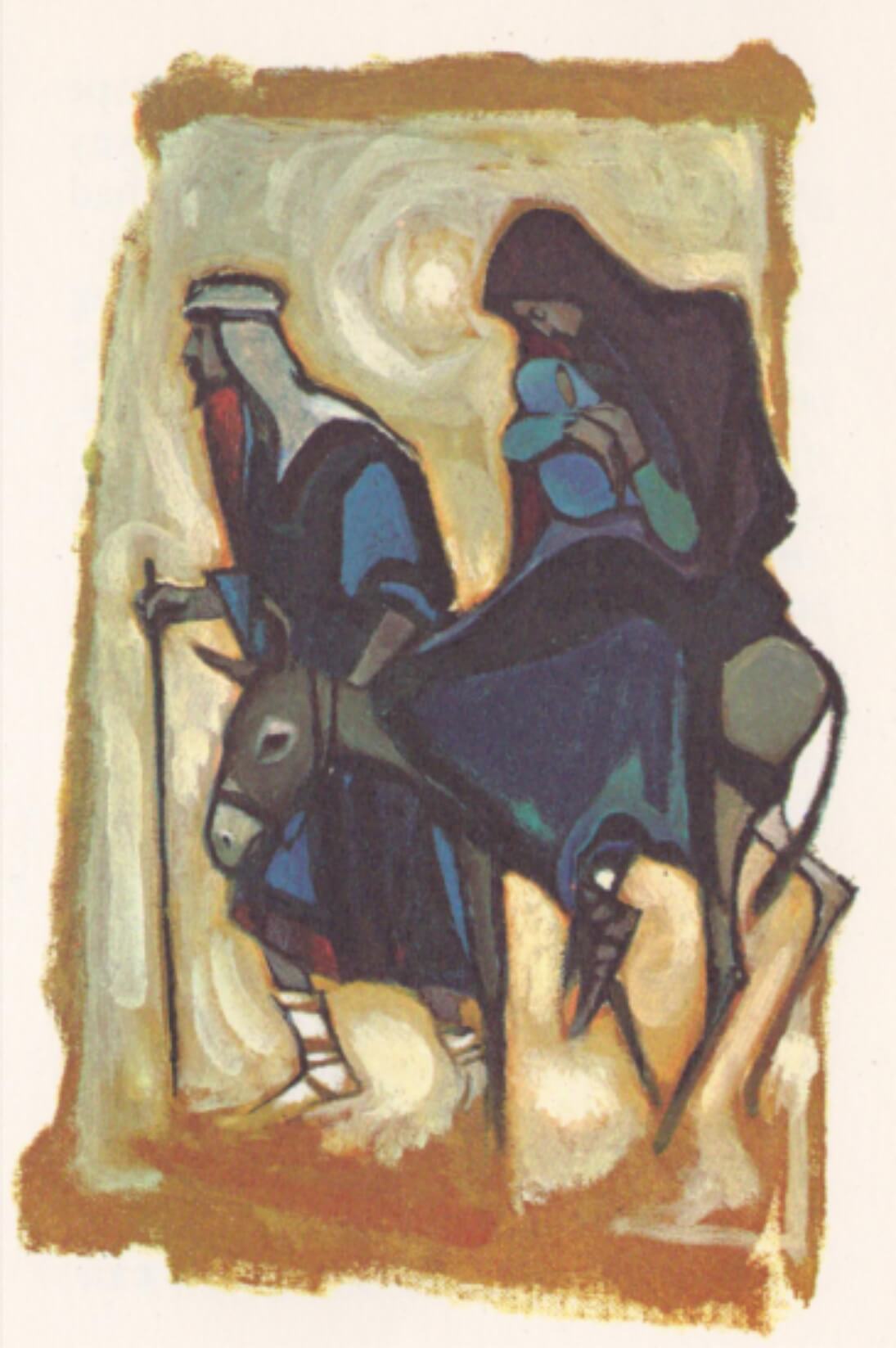Analyzing Papal Visit Apology to Indigenous People
John Longhurst, Winnipeg, MB
Volume 35 Issue 10, 11 & 12 | Posted: December 23, 2021

A lot has been written and said about the recent apology by Canada’s Roman Catholic bishops to Indigenous People for that church’s role in the Indian Residential School system.
In general, the apology has been well-received by the media, by average Canadians and by Indigenous people. But I wondered: What are close observers of the Catholic scene saying about it?
In an editorial, The Catholic Register, Canada’s independent Catholic publication, said “As apologies go, the one issued by Canada’s Catholic bishops to Indigenous peoples marks a significant step in this long, long reconciliation journey.”
The apology doesn’t please everyone, it acknowledged, noting some say it is way too late in coming and the church has for too long “been guilty of trying to shelter its past and shift responsibility.”
Perhaps the best reaction the CCCB can hope to its expression of sorry and remorse is “cautious optimism,” it said.
Despite that, the apology has “the potential to change the course of the dialogue,” to begin to mend broken relations with Indigenous people.
“Reconciliation is a long, long journey,” it said, adding “it is not an end to the journey by any means.. this was a good step forward.”
In Presence, an independent publication covering religion from a Quebec perspective, with an emphasis on the Roman Catholic Church, Phillipe Vailancourt wrote about the pledge made by the bishops to facilitate a visit to Canada by the Pope to personally apologize — and why it has taken so long to get to this point.
“It is an open secret within Canadian Catholicism that the question of a possible Pope’s visit is far from unanimous among the bishops, in part because of the enormous costs of such a visit,” he wrote.
Sabrina Di Matteo, also in Presence, also weighed in on worries about the cost of a papal trip. It wouldn’t “have to be lush,” she said. “The context demands a simple and humble journey.”
An expensive cross-Canada tour would not be necessary, she said; an apology during a visit to Ottawa or to the site of a former residential school in the presence of Indigenous representatives would be enough.
Since the schools were government-owned, the costs could be shared between the federal government and the Catholic Church in Canada, she said.
Commenting on the apology itself, she said “Steps have been taken, but there is still a long way to go.”
It is every Catholic’s duty to educate themselves, get involved and ensure the church and their dioceses keep their promises, she said, adding “First Nations, Métis and Inuit have carried a heavy cross for too long. It is up to all of us to take it on our shoulders as well.”
Writing in Church Life Journal, published by The McGrath Institute for Church Life at the University of Notre Dame, a Catholic school, Brett Salkeld said the church’s own doctrines should have prevented it from participating in the residential school system in the first place.
Salkeld, Archdiocesan Theologian for the Roman Catholic Archdiocese of Regina, noted the schools, which forced parents to send their children away to be educated, violated the Roman Catholic principle that parents are the first educators of their children.
“For schools to function as an arm of the state over against the legitimate aspirations of parents and communities is indoctrination and totalitarianism, not education,” he said.
The schools also violated the principle of the enculturation of the Gospel, “that people need not abandon their own cultural heritage in order to become followers of Jesus,” he said.
The church should also have avoided the residential school system altogether, he said, because it was evil.
It was not a “well-intentioned project of education and evangelization whose failures, however grotesque, can be attributed to the presence of a few bad apples,” he stated.
“Though there were undoubtedly good, dedicated, and competent people who worked in the system, and who achieved real goods in their work, the system was itself fundamentally evil… its primary goal was not education in itself, but cultural annihilation.”
As for Christianity’s complicity with colonialism, that is “a long and sad history,” he said, adding “when Christianity is at its missionary best, the missionaries themselves clearly see that Christianity cannot be identified with any one culture and that sharing the Gospel means freeing people from oppressive systems, not imposing them.”
For those Catholics who might still want to defend the Church’s involvement in the residential school system, suggesting Catholics back then “could not have known any better given the basic attitudes of the time,” Salkeld said that argument “does not hold water.”
“While it is always a delicate business to pass moral judgment on those of another historical era and it is true that we can never know the level of culpability in an individual’s heart, we can say that, as a church, we should have known better.”
John Longhurst writes a religion column for the Winnipeg Free Press.
John Longhurst, Winnipeg, MB

